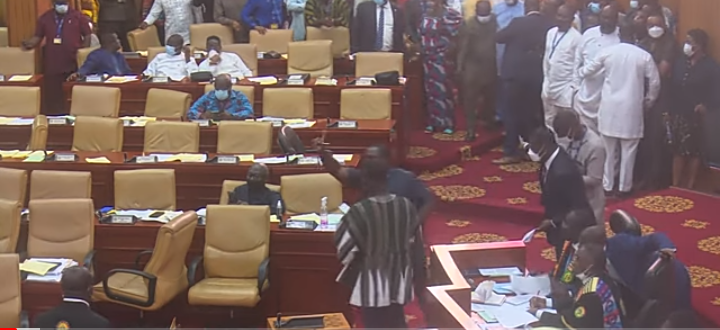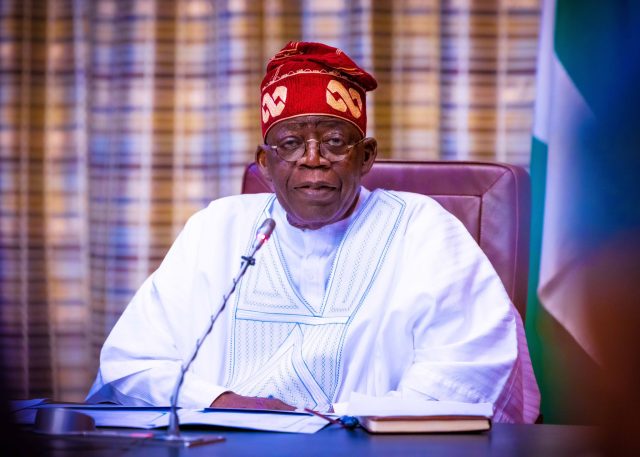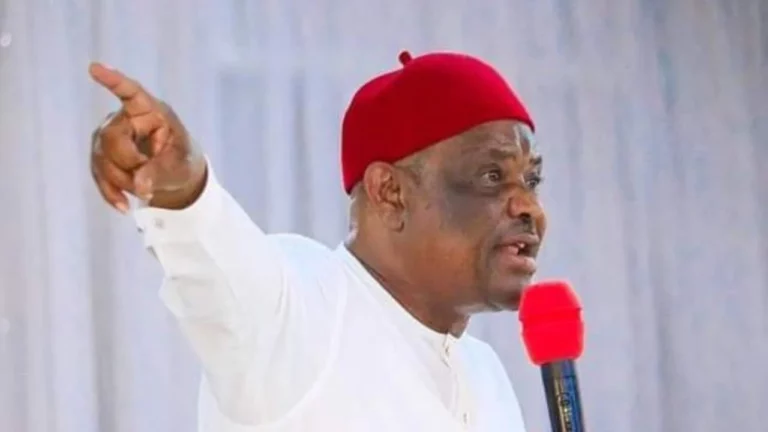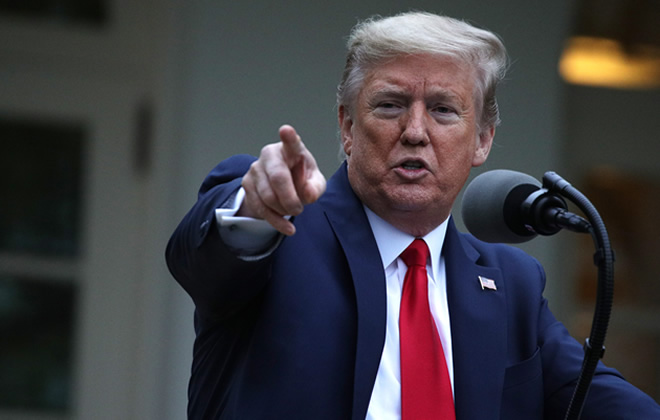There was chaos in the Ghana parliament on Monday when some lawmakers exchange blows during voting on the electronic transaction levy bill.
The fight reportedly broke out after Joe Osei-Owusu, the speaker, left his chair to cast his vote in favour of the bill — a decision that was said to have angered the minority in the house.
The parliamentarians reportedly tried to prevent the speaker from casting his vote, arguing that based on the house’s standing order, he was supposed to be neutral.
In a viral video, while the house was taking a vote to decide if the e-levy bill should be treated under certificate of urgency, the aggrieved lawmakers climbed the podium and were seen trying to prevent the speaker from going to cast his vote.
The parliamentarians were seen exchanging blows while some officials tried to protect the speaker’s seat and the mace from being taken.
The Ghanaian government, in November, had said it was introducing an electronic transaction levy (e-levy) in the 2022 budget. The government had said the e-levy was introduced as part of measures to widen the country’s tax net.
The proposed levy is a charge of 1.75% of the value of electronic transactions and is expected to come into effect in February 2022.
The levy will cover mobile money payments, bank transfers, merchant payments, and inward remittances. The originator of the transactions will bear the charge except for inward remittances, which will be borne by the recipient.
However, the introduction of the said tax had generated mixed feelings in the country with people expressing their concerns that it will bring more hardship on the people.
The finance committee of the parliament had agreed to resend the e-levy bill before the house for further deliberations under a certificate of urgency. This was after the bill was approved by a majority decision at the committee level.
The 12 National Democratic Congress (NDC) members on the committee had voted against the bill while the 12 New Patriotic Party (NPP) members, excluding the chairman of the committee, had voted in its favour.
But the minority in the parliament had said they were going to fight the bill and ensure that it was withdrawn.







